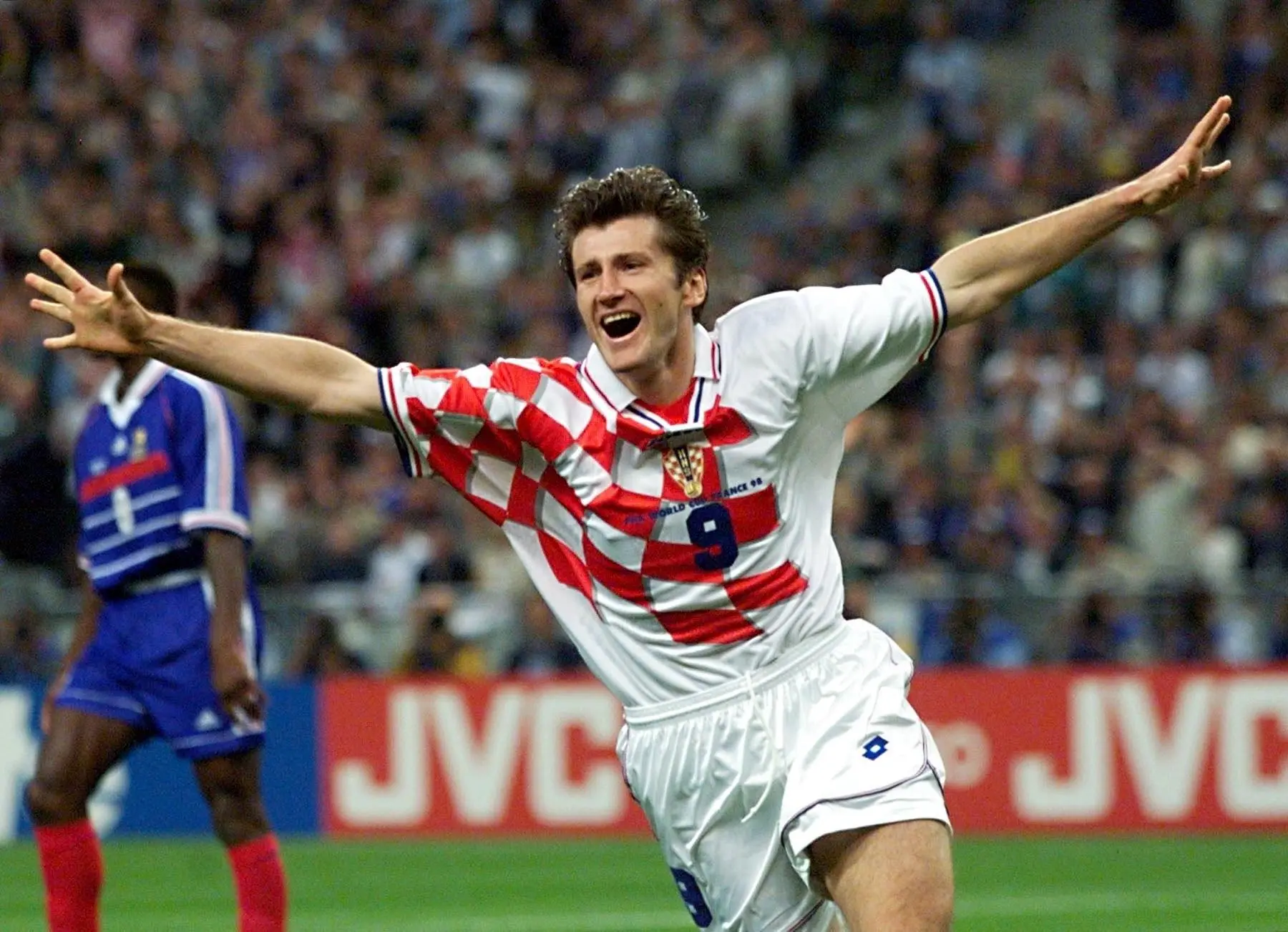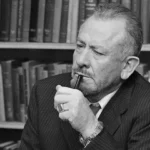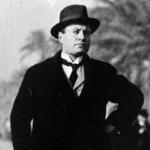Hey, soccer fans! Get ready to dive deep into the story of one of the greatest strikers the game has ever seen – Davor Šuker. He’s a legend in Croatia, leaving a legacy that continues to inspire generations. We’re going to uncover his incredible journey, from his early days on the pitch to becoming a national hero. So, sit back, relax, and let’s explore the magical world of Davor Šuker, the man with the golden boot.
Facts about Davor Šuker
Davor Šuker! The name probably sends chills down the spines of defenders who faced him on the pitch. This Croatian football legend wasn’t just a striker; he was a goal-scoring machine. But Šuker was more than just goals, his journey is full of interesting twists and turns. Let’s dive into some fascinating facts about this football icon:
- Goal Machine: It’s no exaggeration to say Šuker loved finding the back of the net. We’re talking over 350 goals for his clubs and a cool 45 for Croatia. That’s a whole lot of celebrating! This incredible knack for scoring even earned him the Golden Foot Award in 1995, recognizing him as Europe’s top scorer that year. Some experts believe this period solidified his status as one of the most prolific goal scorers of his generation.
- World Cup Hero: The 1998 World Cup wasn’t just a tournament for Croatia; it was their chance to show the world what they were made of. And boy, did they, thanks in no small part to Šuker. He almost single-handedly dragged Croatia to a historic third-place finish, banging in six goals along the way. This incredible feat earned him the Golden Boot, an award given to the tournament’s top scorer.
- Globetrotting Star: Šuker wasn’t content with just playing in one league. He took his talents all over Europe, playing for some of the biggest clubs like Real Madrid, Sevilla, Arsenal, and West Ham United. And it wasn’t just about wearing the jersey; he made his mark everywhere he went. He won the UEFA Champions League with Real Madrid in 1998 and finished as Sevilla’s top scorer in the 1991-92 season. Interestingly, despite his success at other clubs, his time at Arsenal is often described as “perplexing” as his impact didn’t quite meet expectations.
- Giving Back to the Game: Retiring from playing didn’t mean Šuker turned his back on football. Instead of relaxing on a beach somewhere, he decided to become President of the Croatian Football Federation. Talk about dedication! In his role, he’s been a tireless advocate for using football as a tool for positive change, both in Croatia and globally.
- A Trophy Cabinet Full of Honors: Individual awards? Šuker’s got those too! He’s been named Croatian Footballer of the Year multiple times, which is no small feat. And if that wasn’t enough, he was also included in the FIFA 100, a list compiled by the one and only Pelé, featuring the 100 greatest living footballers. This recognition cemented his place as a true icon of the sport.
Davor Šuker’s story is one of talent, dedication, and a genuine love for the beautiful game. He’s a true inspiration, showing us that with hard work and passion, we can achieve incredible things. He’s a reminder that football is more than just a game; it’s a global language that can unite and inspire.
What Teams Did Davor Šuker Play For?
Davor Šuker was a goal-scoring machine! This Croatian legend’s journey took him through some of the biggest clubs in Europe, leaving a trail of unforgettable moments and plenty of goals along the way.
- NK Osijek (1984-1989): He actually got his start in his hometown club, NK Osijek. It wasn’t long before he became the league’s top scorer, proving he had that special something.
- Dinamo Zagreb (1989-1991): He then moved on to Dinamo Zagreb where he kept finding the back of the net, racking up an impressive 34 goals in the Yugoslav First League. His prolific scoring for Dinamo Zagreb earned him recognition and paved the way for his move to bigger stages.
- Sevilla (1991-1996): But it was 1991 when Suker really announced himself to the world. He landed in La Liga, playing for Sevilla. And did he ever play! This guy was on fire, scoring a phenomenal 76 goals in 153 appearances.
- Real Madrid (1996-1999): Naturally, such talent couldn’t be ignored, and in 1996, Real Madrid came calling. Suker answered that call in style, helping them clinch both the Liga and UEFA Champions League titles over his three seasons there.
- Arsenal (1999-2000): Even the mighty Arsenal couldn’t resist seeing what Suker could do. Although it was a brief stint, he still made his mark, scoring eight goals in just 22 appearances.
- West Ham United (2000-2001): From Arsenal, it was on to West Ham United.
- 1860 Munich (2001-2003): before he eventually finished up his incredible playing career with 1860 Munich over in Germany.
But Suker’s story wasn’t just about clubs. He was a national hero too, playing a huge role in Croatia’s stunning run to a bronze medal at the 1998 World Cup. He wasn’t just along for the ride either. He bagged the Golden Boot as the tournament’s top scorer and the Silver Ball as its second-best player! With 45 goals for his country, he holds the record as Croatia’s all-time top scorer and even captained them to the World Cup semi-finals.
Now that’s what you call a career!
When Did Davor Šuker Retire?
So, you’re curious about when Davor Šuker decided to call it a day? Well, after lighting up the football pitch for years, Šuker finally hung up his boots in 2003 at the respectable age of 35 for a striker who had given so much to the game.
His last hurrah in professional football was with the German club 1860 Munich, where he spent a couple of seasons. It wasn’t the most glamorous ending, but hey, even the best players’ careers have to wind down sometime, right?
Now, when it comes to international football, Šuker actually retired a year earlier, in 2002. It was a bit of a bittersweet moment; Croatia, his team, got knocked out of the World Cup that year. You could say it was a natural point to bow out, having represented his country on the biggest stage.
Speaking of representing Croatia, Šuker didn’t just play for them, he starred for them. Over his international career, which included a stint with Yugoslavia before Croatia became independent, he racked up an impressive 70 caps. And get this – he scored 46 goals! That’s not just good, it’s legendary. To this day, he holds the record for most goals scored for Croatia. Talk about leaving some big shoes to fill!
When Šuker retired, it truly felt like the end of an era for Croatian football. He wasn’t just a great player; he was the guy, a true icon. His incredible ability to find the back of the net, his skill, his passion – he left a lasting impact on the sport in Croatia. And hey, for those who were lucky enough to see him play, those memories of Šuker weaving his magic on the pitch? Those are priceless.
Who Was the Croatia Player That Played for Arsenal?
So, we’re talking about Croatian footballers who’ve donned the Arsenal jersey? Well, two names come to mind:
- Davor Šuker: This guy wasn’t just any player; he was a proper goal-scoring machine! His time at Arsenal might have been short – just the 1999-2000 season – but he definitely left his mark, bagging a very respectable 10 goals in 15 starts. Now, Šuker’s journey to Highbury is a bit of a story itself.
- Eduardo da Silva: Another Croatian player who wore the Arsenal jersey was Eduardo da Silva. While he was born in Brazil, he obtained Croatian citizenship in 2002 and went on to have a successful international career with Croatia, even becoming their fourth most prolific striker. He signed for Arsenal in 2007 for £7.5 million. However, a severe leg injury unfortunately hampered his time at the club, and he eventually moved to Shakhtar Donetsk in 2010.
Both players brought their unique skills and contributed to Arsenal in their own ways.
What Number Was Suker?
So, you’re curious about the numbers Davor Šuker sported throughout his impressive career? Let’s dive in! Remember his time at Sevilla? He kicked off his journey there back in ’91, rocking the number 1 jersey – talk about standing out! During his five years with the team, he really made a name for himself, banging in a cool 76 goals over 153 appearances. The guy was a scoring machine!
Then, in ’99, he took his talents to Arsenal, this time sporting the number 10. While his stint with the English club wasn’t super long, he still made his presence known. Eight goals in just 22 appearances? Not too shabby!
But let’s talk about the 1998 World Cup – now that’s what legends are made of! Šuker, wearing his lucky number 6, led Croatia to an unbelievable third-place finish. His goal-scoring? Downright magical! He walked away with the Golden Boot, a testament to his six goals that lit up the tournament.
And when it comes to representing his homeland, Šuker bled Croatian checkers. With an amazing 69 appearances for his country, he cemented his place as their all-time leading goal scorer, racking up a jaw-dropping 45 goals. Talk about leaving a legacy!
How Many Goals Did Suker Score?
Davor Šuker, the name itself evokes memories of goals galore! This guy was a goal-scoring phenomenon, leaving his mark on every team he played for.
Let’s break down his impressive stats:
- International Career (Croatia): 45 goals in 69 appearances. Talk about making your mark on the international stage! This incredible feat makes him Croatia’s all-time leading goal scorer.
- Sevilla (1991-1996): 76 goals in 153 appearances. His time at Sevilla was nothing short of phenomenal. He became a club legend, consistently finding the back of the net.
- Real Madrid (1996-1999): 38 goals in 86 matches. Even amidst the star-studded lineup of Real Madrid, Šuker’s goal-scoring prowess shone through.
While he consistently found success at the club level, it was on the international stage, particularly during the 1998 World Cup, where Suker’s brilliance truly captivated the world. His six goals in seven matches not only earned him the Golden Boot but also played a pivotal role in Croatia’s historic third-place finish.
How Old Is Croatia?
Ah, Croatia! A land of stunning coastlines, ancient cities, and a rich, complex history. But just how old is this fascinating nation?
Well, it depends on how you define “Croatia.”
- Early Beginnings (7th Century): You could trace Croatia’s political roots back to the 7th century with the formation of the Duchy of Croatia.
- Kingdom Come (925 AD): Things got even more official in 925 AD when the Duchy became the Kingdom of Croatia, lasting for about a century.
- A History of Resilience: Even though the Kingdom eventually dissolved, the Croatian people and their distinct identity persisted. They lived under Hungarian rule for centuries, always maintaining a sense of their own culture and heritage.
- Independence at Last (1991): Fast forward to the 20th century, and Croatia becomes part of Yugoslavia. But the yearning for self-determination never faded. Finally, in 1991, Croatia declared its independence, marking the beginning of its modern chapter as a nation.
So, is Croatia over a thousand years old? Or is it a little over 30 years old? The answer is probably a bit of both. Its history is a tapestry woven from ancient roots, periods of foreign influence, and an unyielding spirit that ultimately led to its hard-won independence.
By the way, for those who are fans of fascinating historical figures like Davor Šuker, you might enjoy learning about:
- Facts about Rick Martel: Did you know he was known as “The Model”?
- Facts about Salem Poor: This individual’s story challenges historical narratives – they were a woman who disguised themself as a man to fight in the Revolutionary War!
From the football pitch to the annals of history, there’s always something intriguing to discover.
- Star Ring Trends: Etsy vs Amazon - March 28, 2025
- Boost Pollinator Habitats: Baby Blue Eyes Sustainable Farming Guide - March 28, 2025
- Protect Big Black Bears: Effective Conservation Strategies - March 28, 2025
















